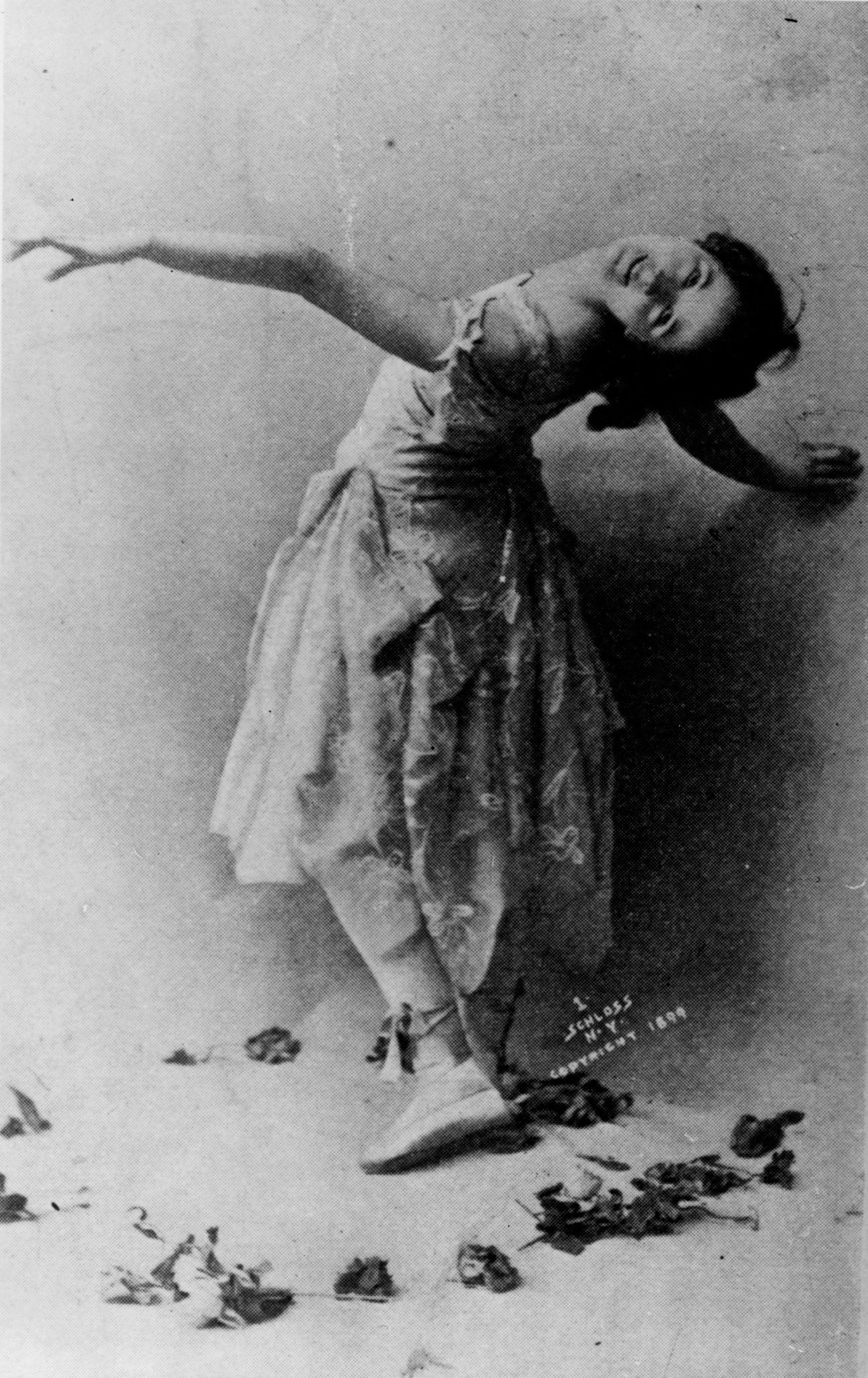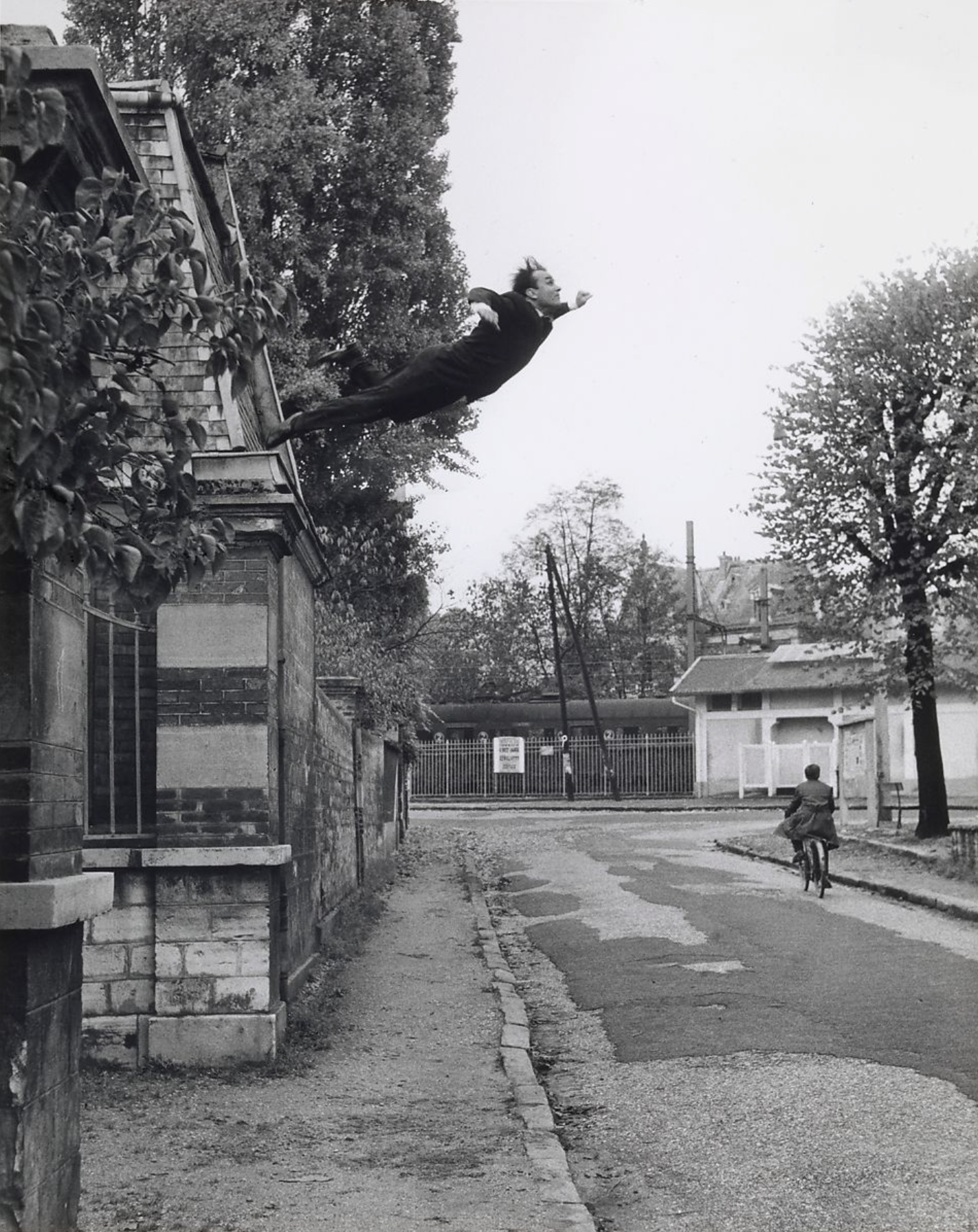In the opening minutes of Disney’s Fantasia, conductor Deems Taylor explains “…then the music begins to suggest other things to your imagination. They might be, oh, just masses of color, or they may be cloud forms, or great landscapes, or vague shadows, or geometrical objects floating in space.”
There is no language more universal than music. We live lives full of birdsong, awash in the energy and cymatic resonance of all things. This exquisite, peculiar energy creates a rippling vibration — a subtlety of insight, emotion, and empathy with the power to heal. If we remain curious, attentive, and accepting, the abstraction of birdsong takes shape and we find a blueprint that allows us to, in the words of philosopher Gillian Rose, “pass beyond the preoccupation with endless loss to the silence of grace.”
Our love animates our reality. This is merely an invitation to dance. hello@odd.one
"It's strange! It's amazing! It's wonderful! New! Don't shoot him. We'll CATCH him. That's just what we'll do! Let's take him alive. Why, he's terribly funny! We'll sell him back home to a circus, for money!" — Horton Hatches the Egg, Dr. Seuss
"Something is about to happen, he told himself. Something peculiar is about to happen any moment. He hadn't the faintest idea what it might be, but he could feel it in his bones that something was going to happen soon. He could feel it in the air around him in the sudden stillness that had fallen upon the garden..." — James and the Giant Peach, Roald Dahl

“Books are not made to be believed, but to be subjected to inquiry. When we consider a book, we mustn't ask ourselves what it says but what it means...” ― The Name of the Rose, Umberto Eco

"I trust and feel at home around the ones who are not afraid to be vulnerable with themselves, who live confidently in their powers and gentleness, who try their best to live without harming others, who are serious about their growth and healing, and who have the humility to say 'I do not know.'" — Clarity and Connection, Yung Pueblo
"She said to herself: when once the onslaught of ugliness became completely unbearable, she would go to a florist and buy a forget-me-not, a single forget-me-not, a slender stalk with miniature blue flowers. She would go out into the street holding the flower before her eyes, staring at it tenaciously so as to see only that single beautiful blue point, to see it as the last thing she wanted to preserve for herself from a world she had ceased to love. She would walk like that through the streets of Paris, she would soon become a familiar sight, children would run after her, laugh at her, throw things at her, and all Paris would call her the crazy woman with the forget-me-not." — Immortality, Milan Kundera
"There is geometry in the humming of the strings. There is music in the spacing of the spheres." — Pythagoras
"Through Many Windows was published in 1926. Woodward brought the reader inside a working ad agency, a place of fevered creativity and deadlines, of alternating triumphs and disasters, 'of hurrying and joshing and smoking and swearing.' Copywriters, she said, had the best minds and the sharpest insights of anyone in the business world. In another era they might have become preachers or teachers; now they applied their passions for instructing and converting to products that they themselves might not trust. Woodward recalled her own cynical absorption in the task at hand: the thought of persuading millions of people to buy a can of soup excited her. In preparing the copy she truly believed it the best of all soups. Then, the ad finished and her passion spent, she could not imagine eating the soup herself. Caught in these pulsings of creative frenzy and bleak recognition after the fact, most copywriters not surprisingly burned out by the time they reached forty. They retired, or were kicked upstairs, of started drinking heavily or playing more golf, with plenty of time to reflect on the misuse of their talents. 'In the advertising business we thought ourselves important,' Woodward concluded. 'We thought we knew what we were doing; we had our plans for the next week or next year. The realization came to me with a slow shock that I was nothing, we were nothing.' — The Mirror Makers, Stephen Fox

"And those who were seen dancing were thought to be insane by those who could not hear the music." — Friedrich Nietzsche
"And nothing ever does begin like nothing ever ends. Ask every atom in your body and they'll surely tell you 'Friend, I'm as old as time and older still. And you are made of everything you love, you feel, or kill. I will outlive you, and forgive you, and be just a baby still.'" — Atoms, Nana Grizol